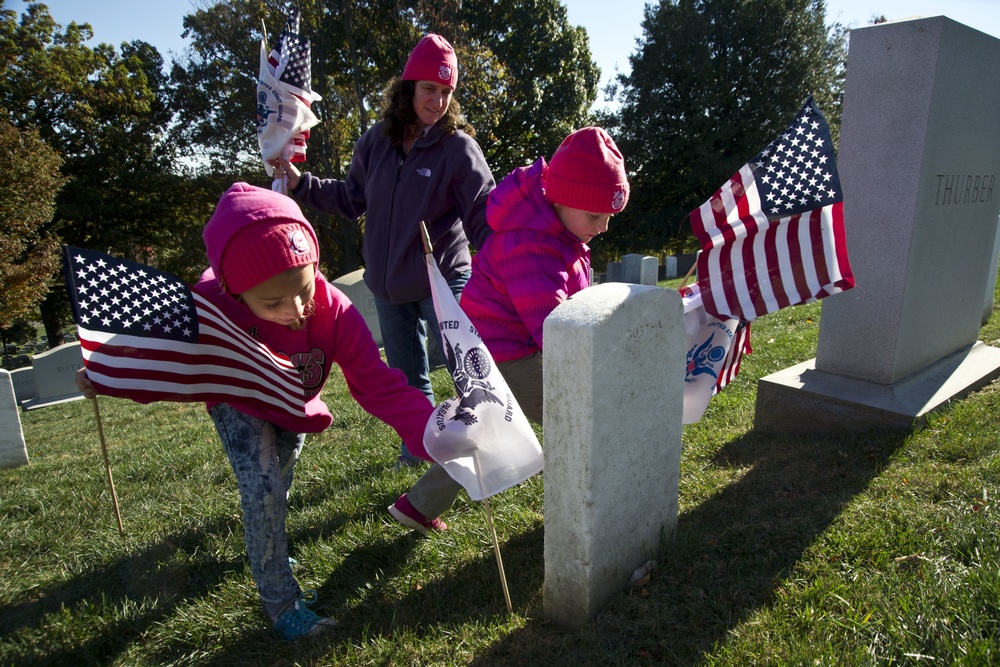Leading with Character: Dealing with Grief
Today I had lunch with a very talented friend who is, among many other things, an author. He showed me some thought pieces he had written. The one that caught my attention was about grief. He talked from experience about how grief will not go away. How it becomes a part of who you are. That’s deep. It made me think, “Why aren’t more people talking and writing about grief?”
Everyone Talks About Stress
We hear so much about stress. On the drive home from that lunch with my friend, I heard for the thousandth time a public service announcement from the Centers for Disease Control about stress. Yes, there’s a lot of stress during these uncertain times. We face a constant barrage of crises like natural disasters and covid, and have to deal with the impacts. That causes stress. Leaders need to recognize when their people are stressed, and as important, when they themselves are stressed.
Recognizing Grief
But, it’s equally important for leaders to recognize grief. Grief looks different than stress, and it can be more devastating. Stress is most often circumstantial, and will eventually pass. But as my friend at lunch so astutely observed, grief will never go away, it just changes over time. Over 50 years ago, the psychiatrist Elisabeth Kubler-Ross proposed a model with five stages of grieving: denial, anger, bargaining, depression, and acceptance. I learned about that model back in high school, and never forgot it. It helped me understand there’s a grieving process and although the grief will never totally go away, we can learn to live with it and we can learn from it.
A Defining Moment
When I was a rising sophomore at the Coast Guard Academy, I was down at the Coast Guard Air Station in Mobile, Alabama on an exciting summer training program to learn about aviation. We cadets even got to fly a Coast Guard helicopter! My excitement turned to grief the day I was ordered to report to the executive officer’s office. I had been told by an orderly to pack my bags because I was being sent home. My mind raced with stress about what huge trouble I must be in if they were going to pull me out of training and send me home. My stomach churned.
When I got to the air station, the empathetic executive officer informed me my 17-year-old brother, Tom, had been killed in an auto crash. He gave me a pocket-sized New Testament, which I clung to for years until I reached the stage where I could let it go, and passed it on to someone who needed it as much as I had.
Dealing with Grief
That executive officer knew how to lead in the moment of personal crisis. He did everything he could to comfort me and to provide me the support I needed to get back home to my family. But then I was on my own. No one can manage another person’s grief. It’s one of the most intimately personal challenges an individual must face.
Back at the Academy, life went on for everyone else; but I had changed. I dove into my studies and my sailing to focus my energy on something meaningful and productive. I told myself my brother would want to see me succeeding, not grieving. But, I allowed myself those moments of grief, when I looked inward and fondly recalled our times together. That helped me face my loss and embrace the grieving process.
Becoming a Better Leader
Focusing and reflecting helped me heal. As a Christian, I believe the Holy Spirit within guided me to mature through my grief toward greater inner strength and wisdom. I became a better, more empathetic leader. I knew how to recognize when someone experiencing grief needed a human connection, however slight, to get them closer to the next stage of the grieving process. Good leaders know the difference between stress and grief, and support their people during such times of need.
Look in the mirror. Can you recognize when someone’s grieving, and do you know what to do to help them manage the grieving process?
Please join me again next week for more on Leading with Character.



